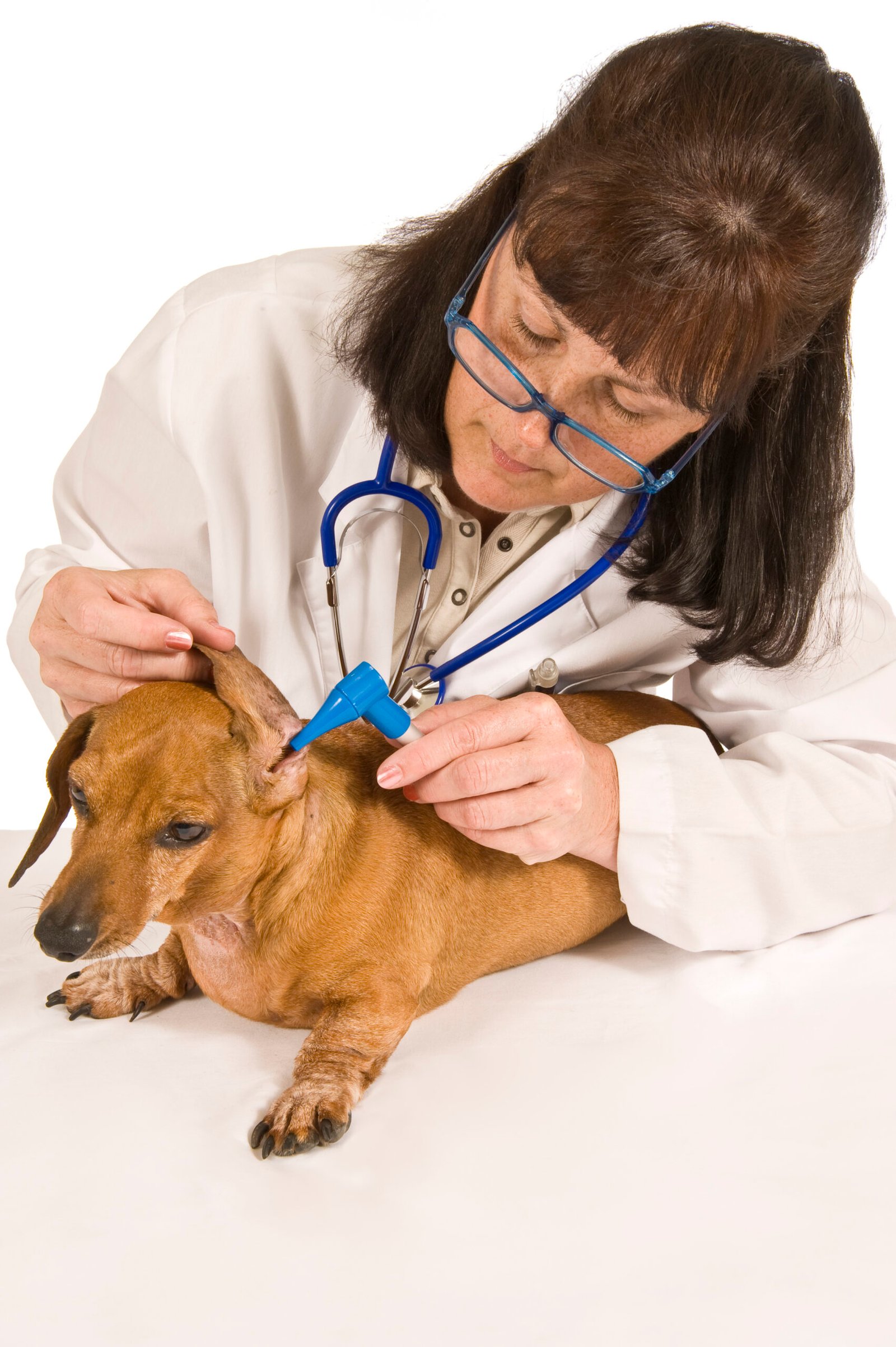Regular checkups are essential to maintain your dog’s overall health and wellness. Just like humans, dogs require regular medical attention to ensure they remain in good physical and mental condition. A routine examination by a veterinarian can help detect any potential health issues early on, making it easier to treat them before they become more serious.

In this blog post, we will discuss the importance of regular checkups for your furry friend’s well-being, including:
1. Introduction to Regular Checkups for Your Dog’s Well-being
2. The Importance of Mental Health in Dogs
3. How Often Should You Take Your Dog to the Vet
4. Why Grooming is Essential for Your Dog’s Health
5. Nutrition Tips for a Healthy and Happy Dog
6. Conclusion: Ensuring Your Furry Friend Leads a Long and Happy Life
Introduction to Regular Checkups for Your Dog’s Well-being
Routine checkups with your vet should be part of your dog’s regular schedule. During these visits, your vet will perform a thorough physical examination, checking your dog’s vital signs, such as heart rate, breathing rate, temperature, and weight. They may also conduct diagnostic tests, such as blood work or urinalysis, to screen for underlying conditions that may not be visible during a physical exam. Early detection of health problems can significantly improve treatment outcomes and increase your dog’s chances of living a long and happy life.
The Importance of Mental Health in Dogs
Mental health is just as important as physical health when it comes to our four-legged friends. Dogs experience stress and anxiety just like humans do, which can lead to behavioral issues if left untreated. Symptoms of poor mental health in dogs include excessive barking, destructive behaviors, aggression towards people or other animals, and loss of appetite. Regular exercise, playtime, and socialization can help promote positive mental health in dogs. It’s crucial to provide your dog with plenty of opportunities to engage in mentally stimulating activities, such as puzzle toys or training sessions.
How Often Should You Take Your Dog to the Vet
The frequency of your dog’s checkups depends on their age, breed, and lifestyle. Generally speaking, puppies need to visit the vet more frequently than adult dogs because they are more susceptible to illnesses and injuries. As your dog ages, they may develop chronic health conditions that require regular monitoring by a vet. It’s best to consult with your vet to determine the appropriate interval between checkups based on your dog’s individual needs.
Why Grooming is Essential for Your Dog’s Health
Grooming isn’t just about keeping your dog looking clean and smelling fresh; it’s an essential aspect of their overall health and wellness. Regular grooming helps prevent mats from forming in your dog’s hair, which can cause skin irritation and even lead to sores. Brushing your dog’s teeth daily can reduce the risk of dental disease, while trimming their nails regularly prevents overgrowth and discomfort. Additionally, grooming allows you to inspect your dog’s body for any abnormalities or changes in appearance that could indicate a health issue.
Nutrition Tips for a Healthy and Happy Dog

Feeding your dog a balanced and nutritious diet is critical to their overall health and wellness. Choose a high-quality pet food that meets your dog’s specific nutritional requirements based on their size, age, and activity level. Avoid feeding your dog table scraps or human food, as these items often contain ingredients that can harm your dog’s health. Providing your dog with plenty of water throughout the day is equally important, especially during hot weather or after exercising.
Conclusion: Ensuring Your Furry Friend Leads a Long and Happy Life
By providing your dog with regular checkups, promoting positive mental health, practicing proper grooming techniques, and feeding them a balanced diet, you can help ensure they live a long and happy life. Remember, preventative care is key to maintaining your dog’s overall health and wellness.


